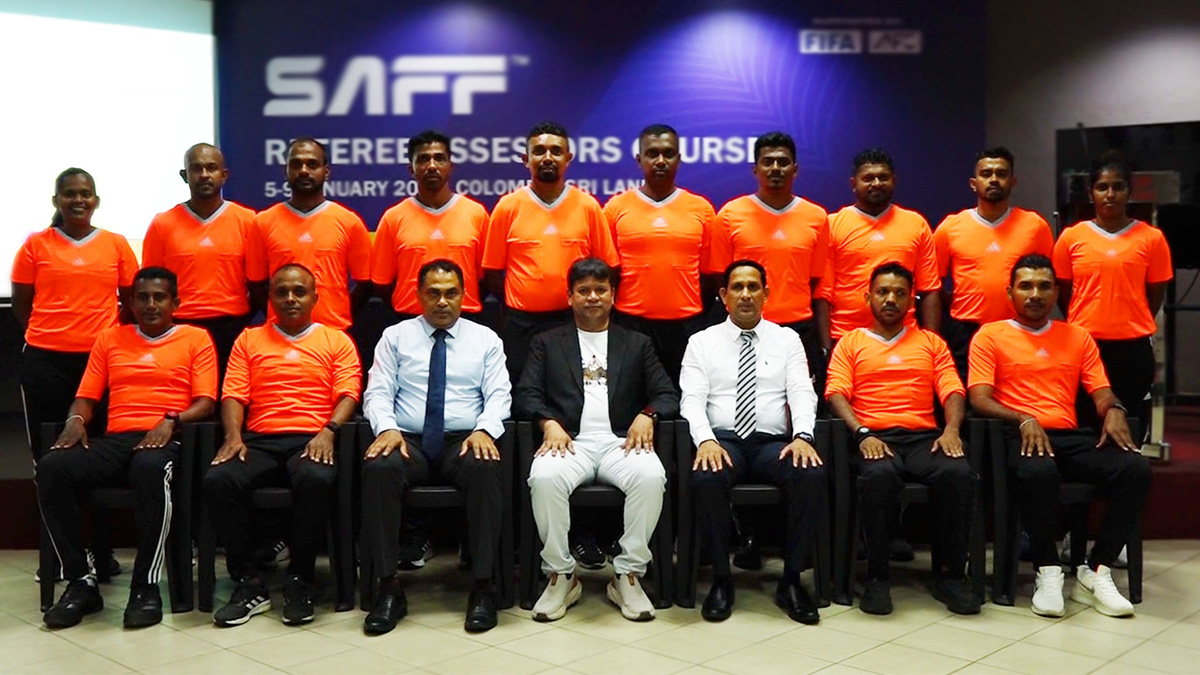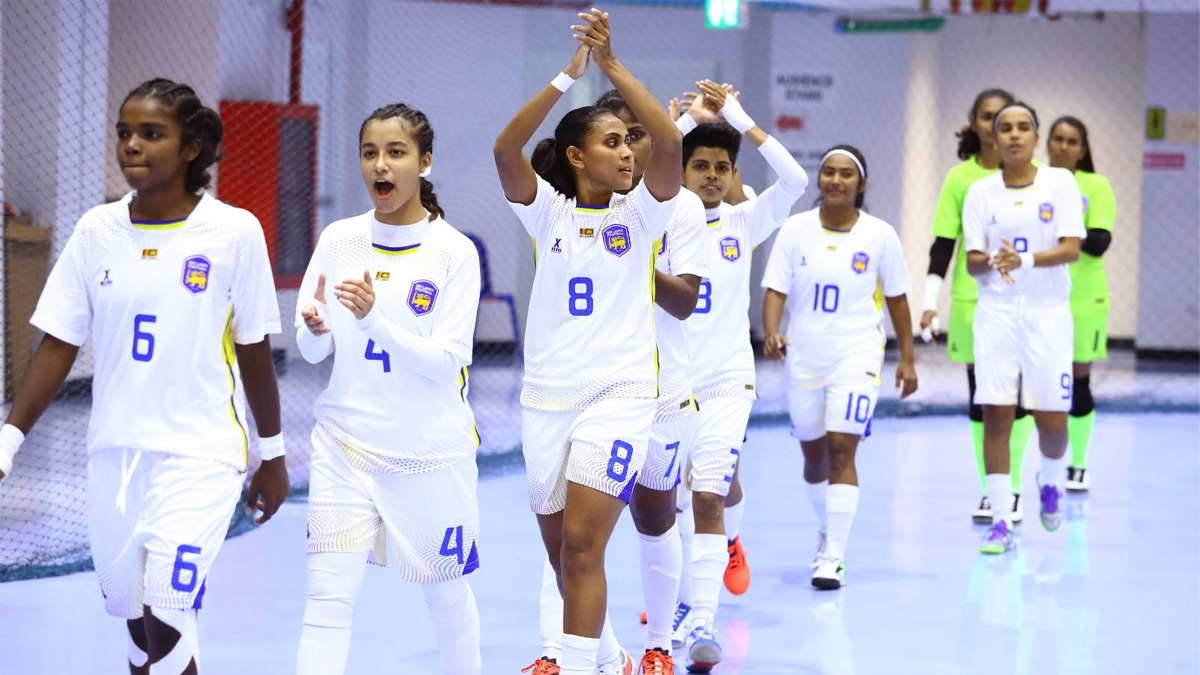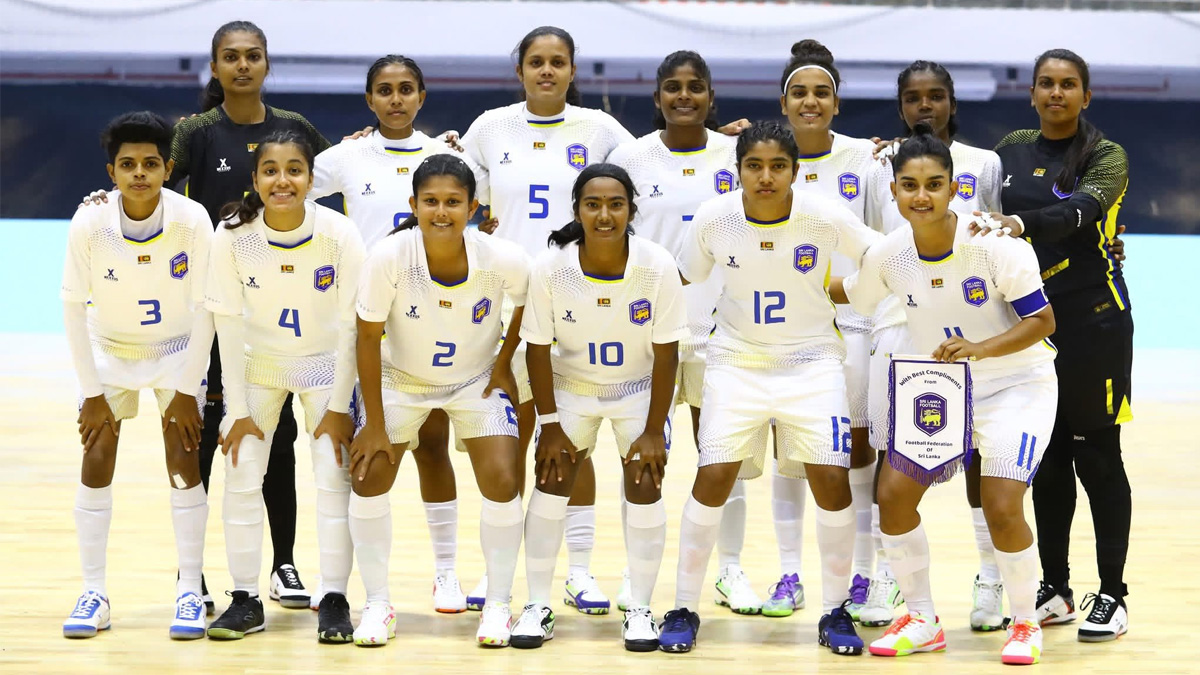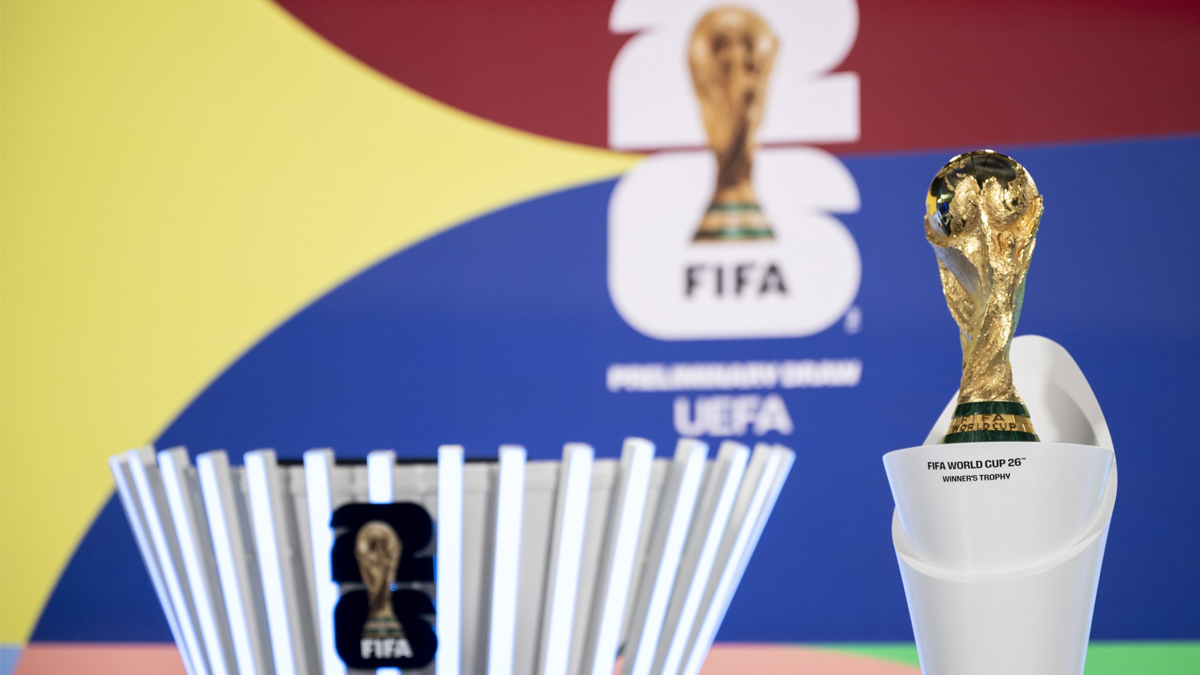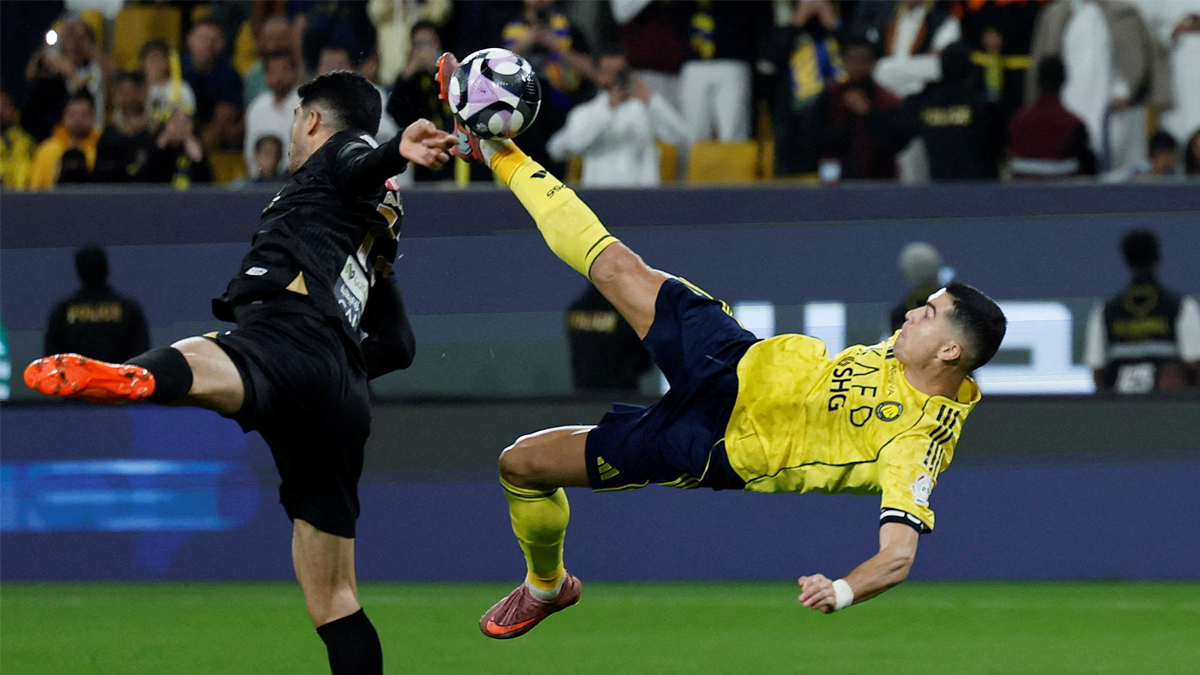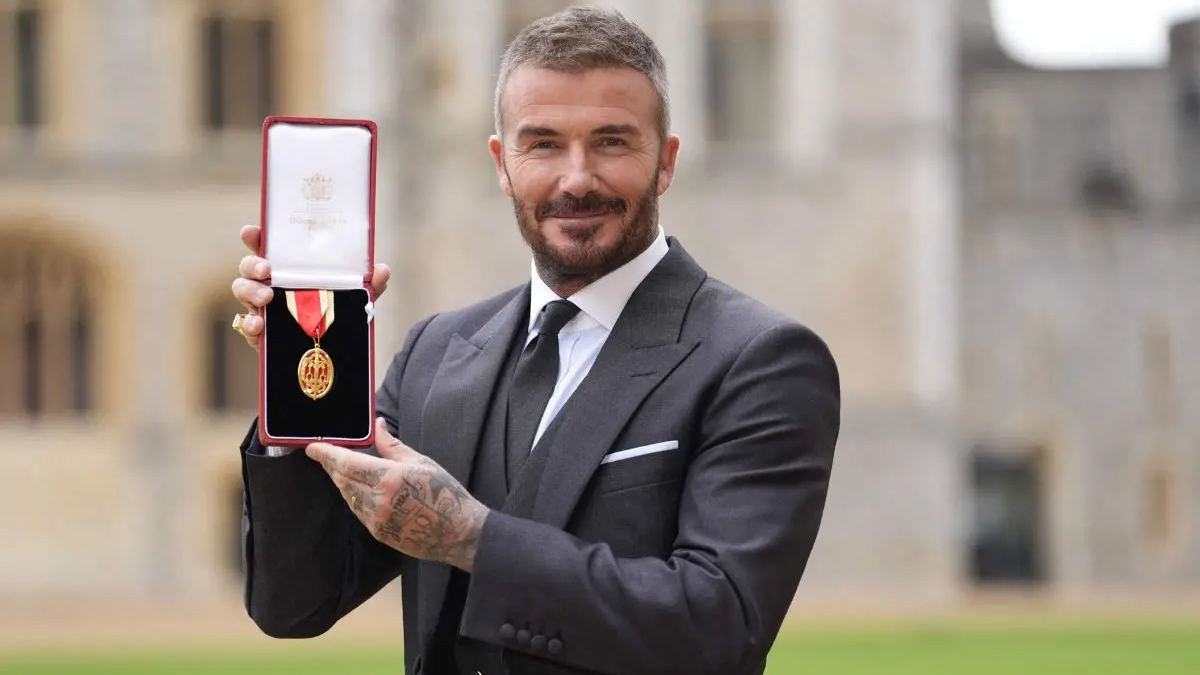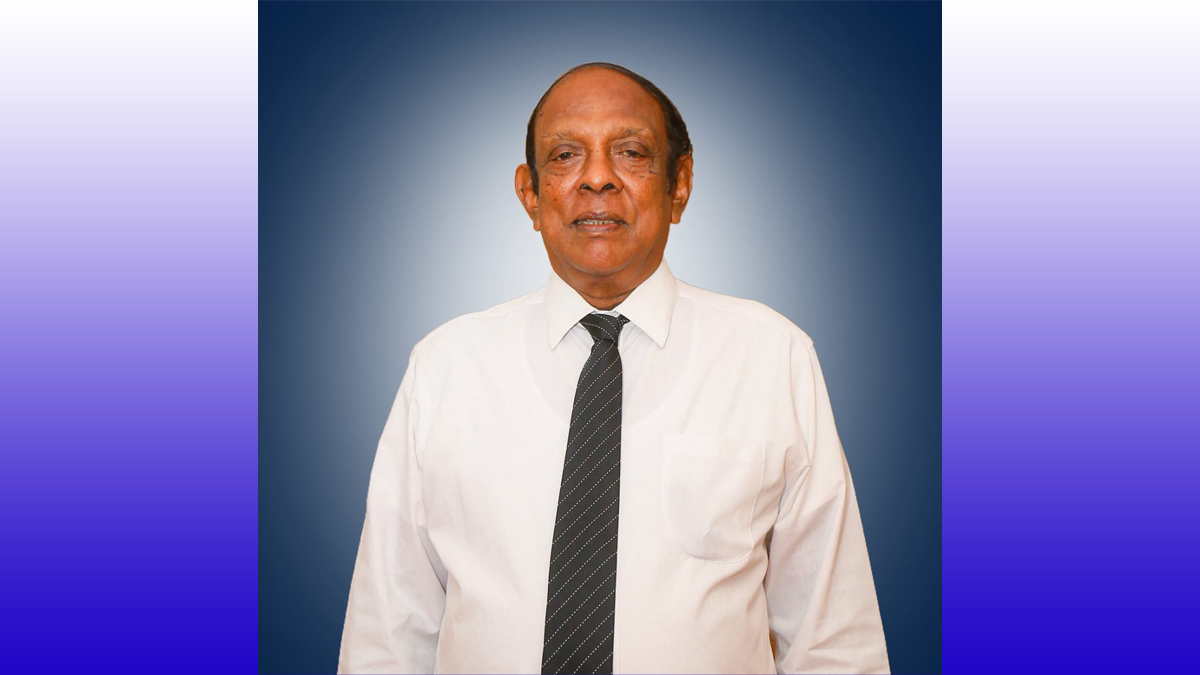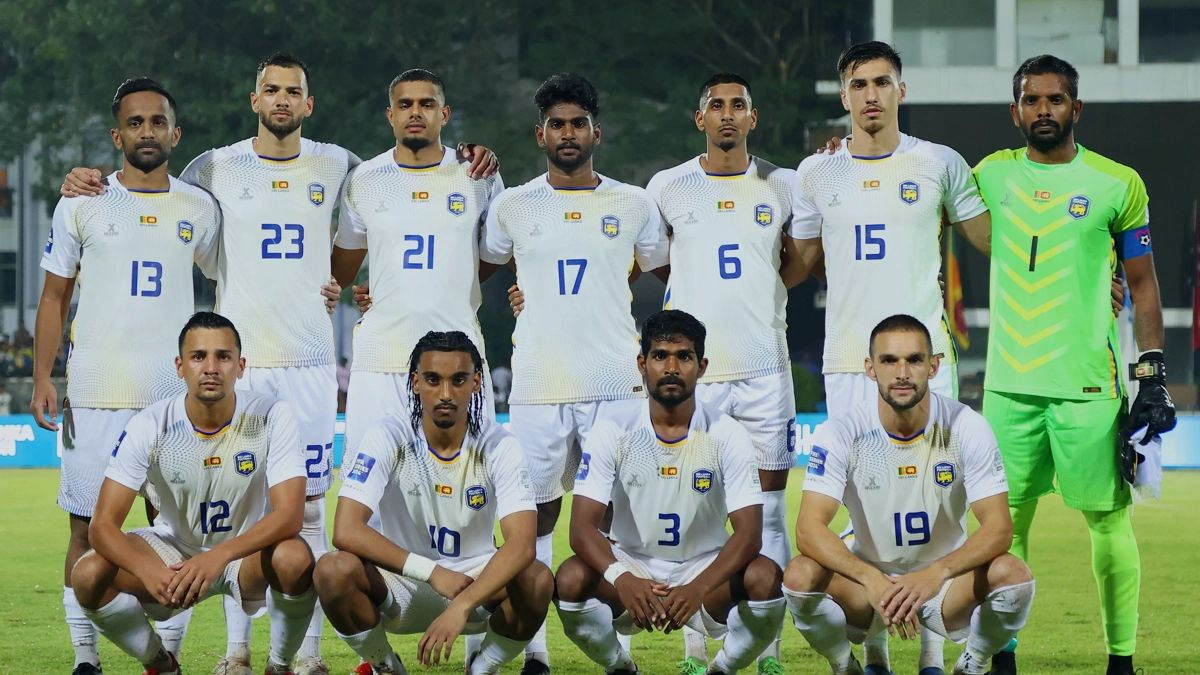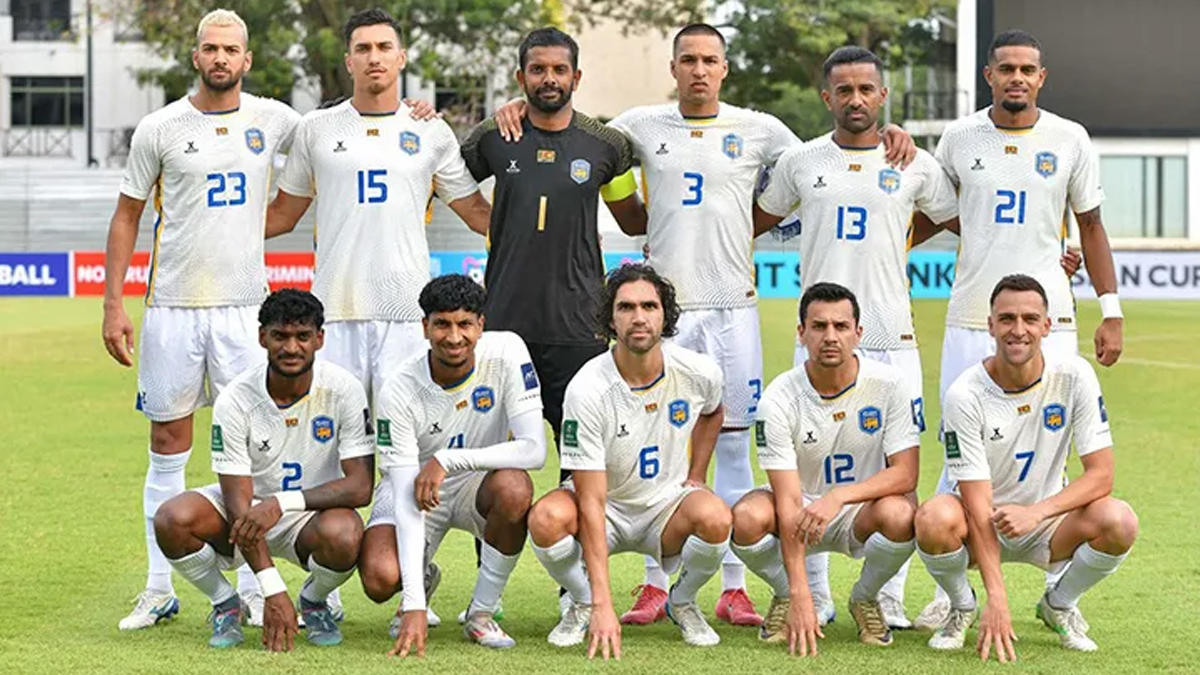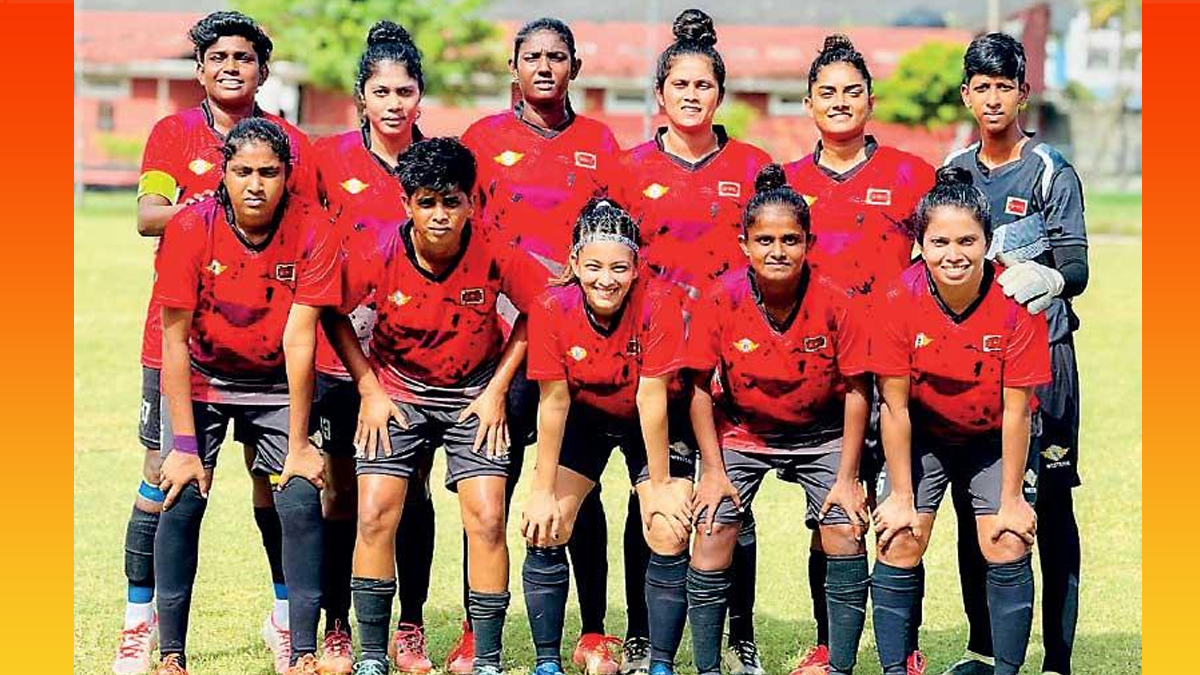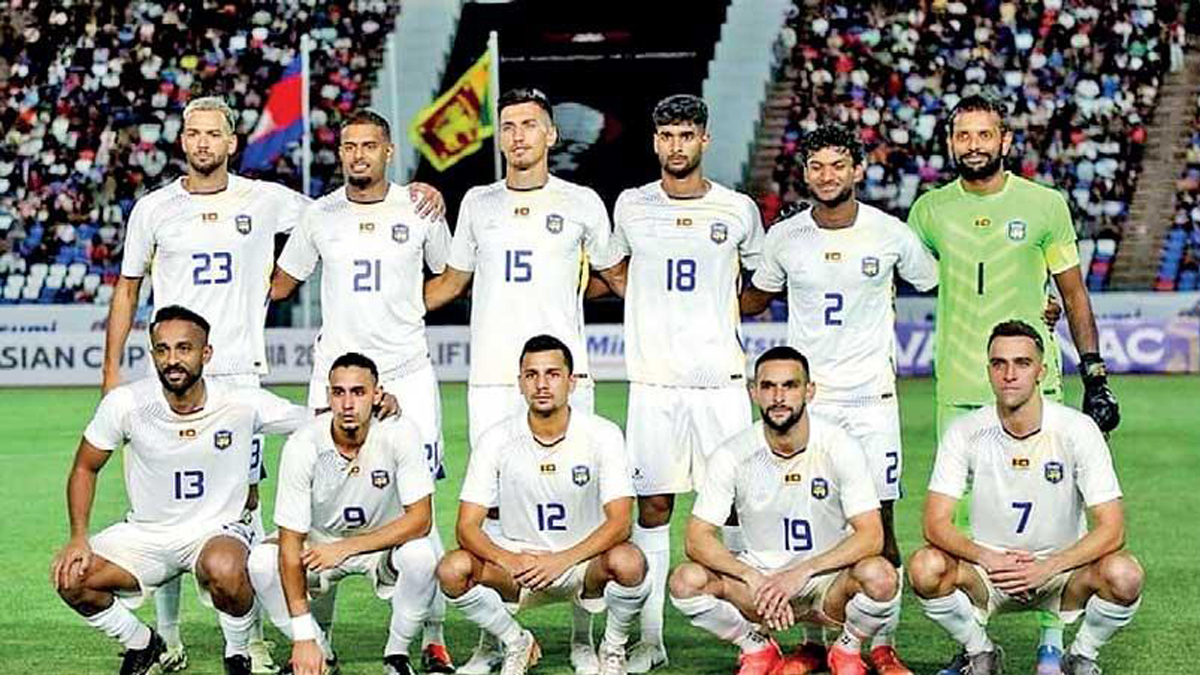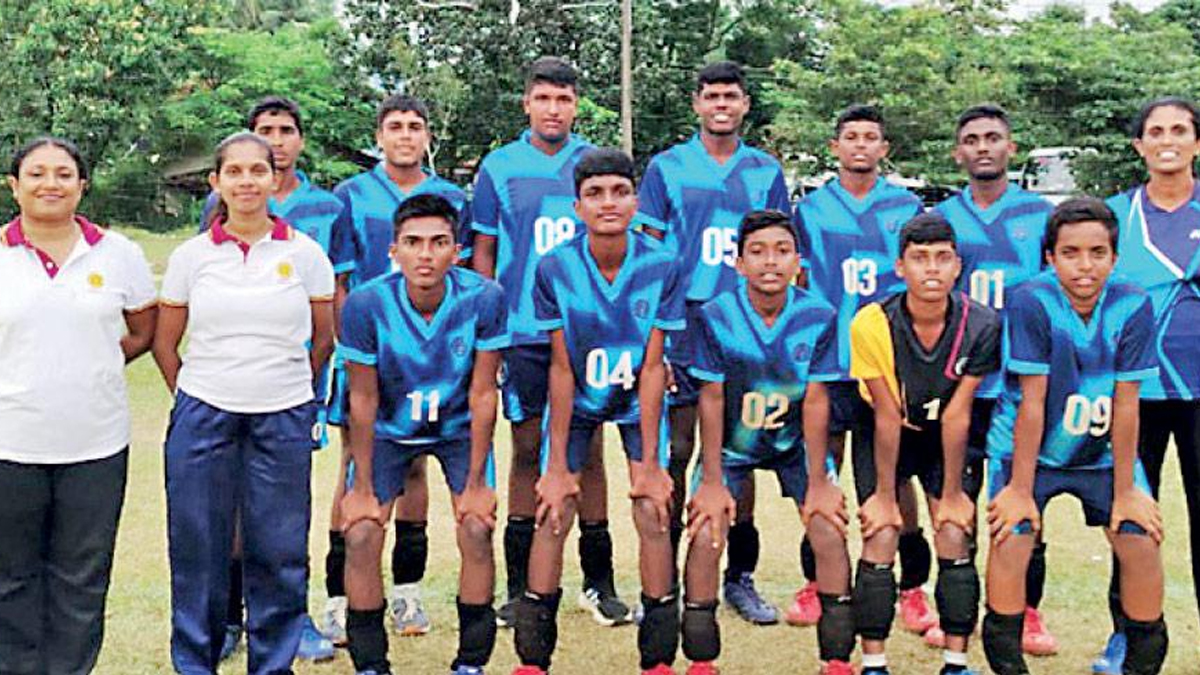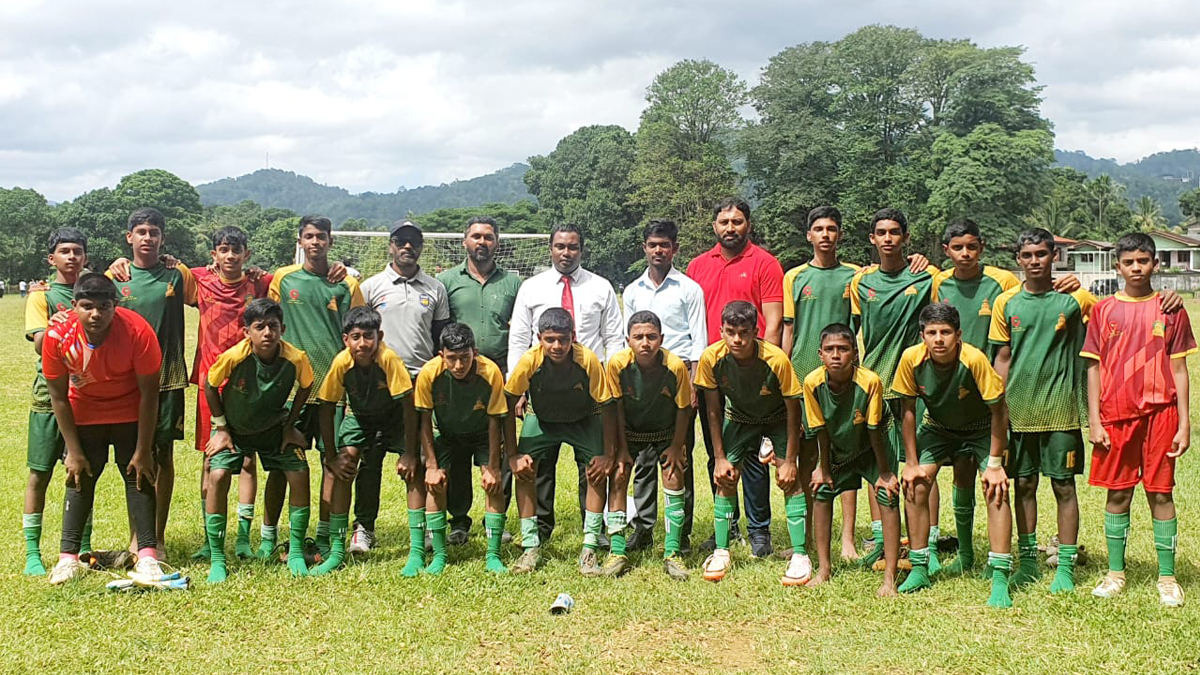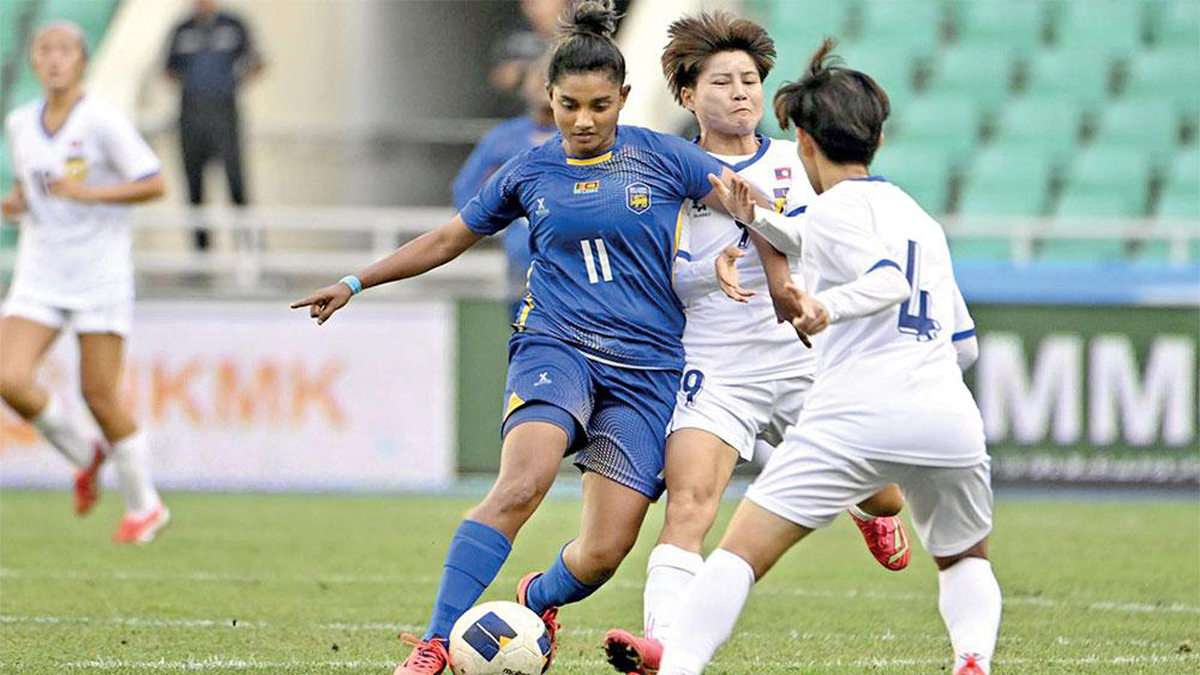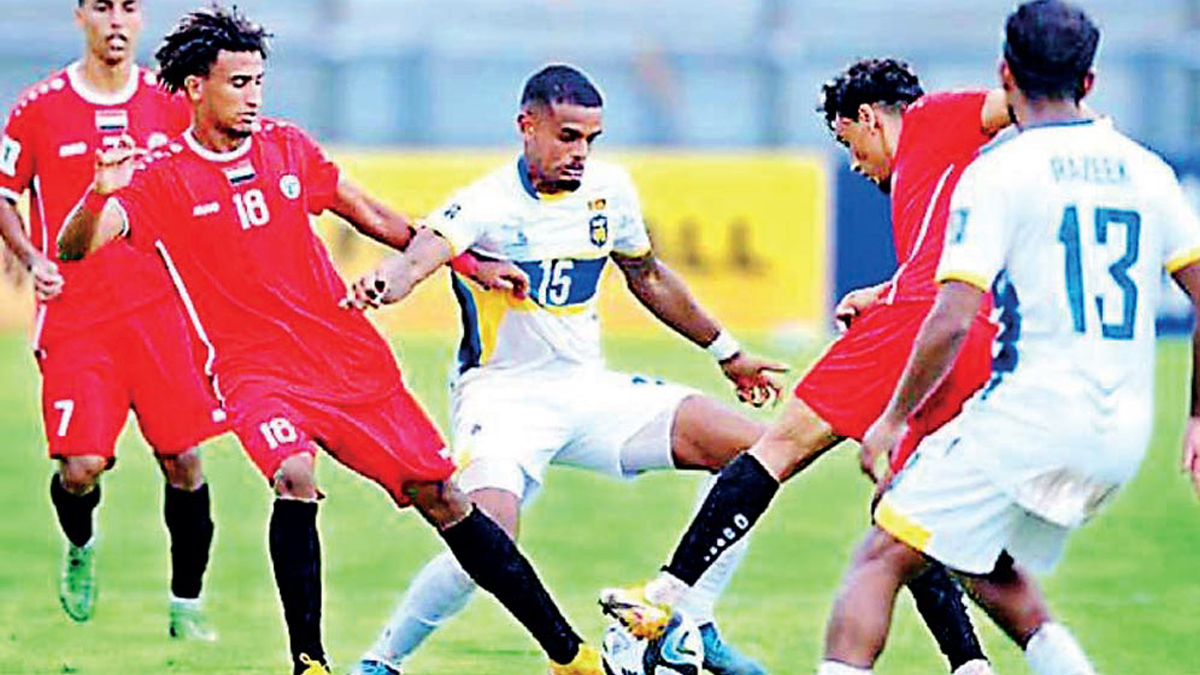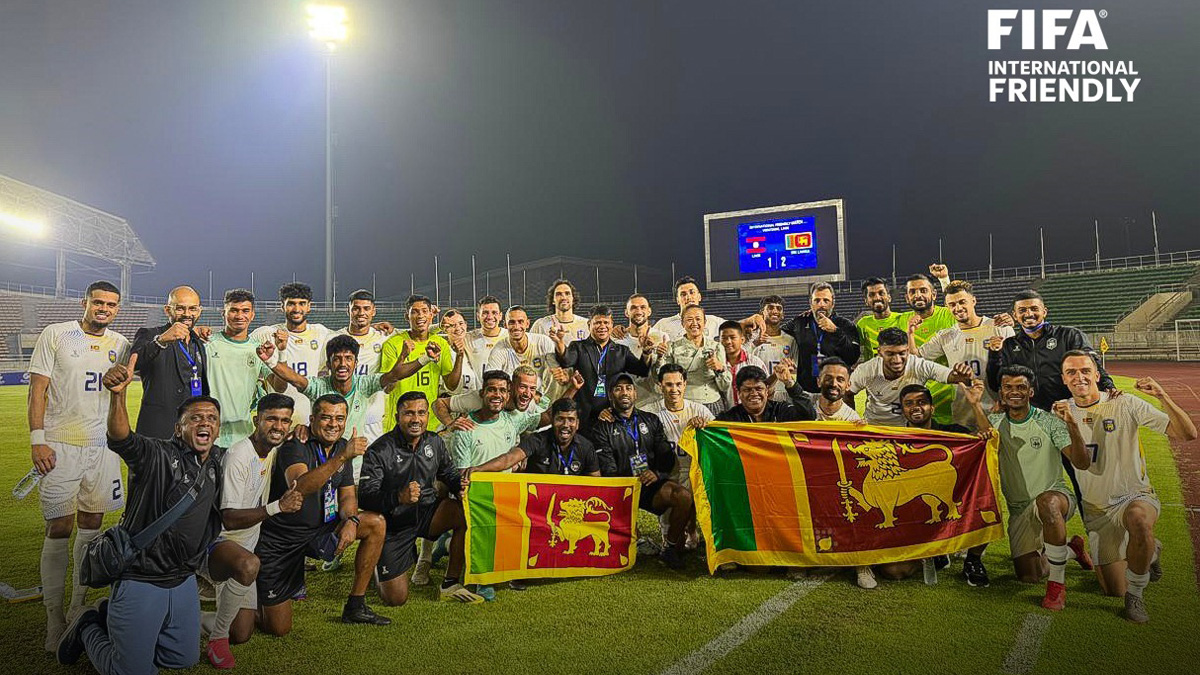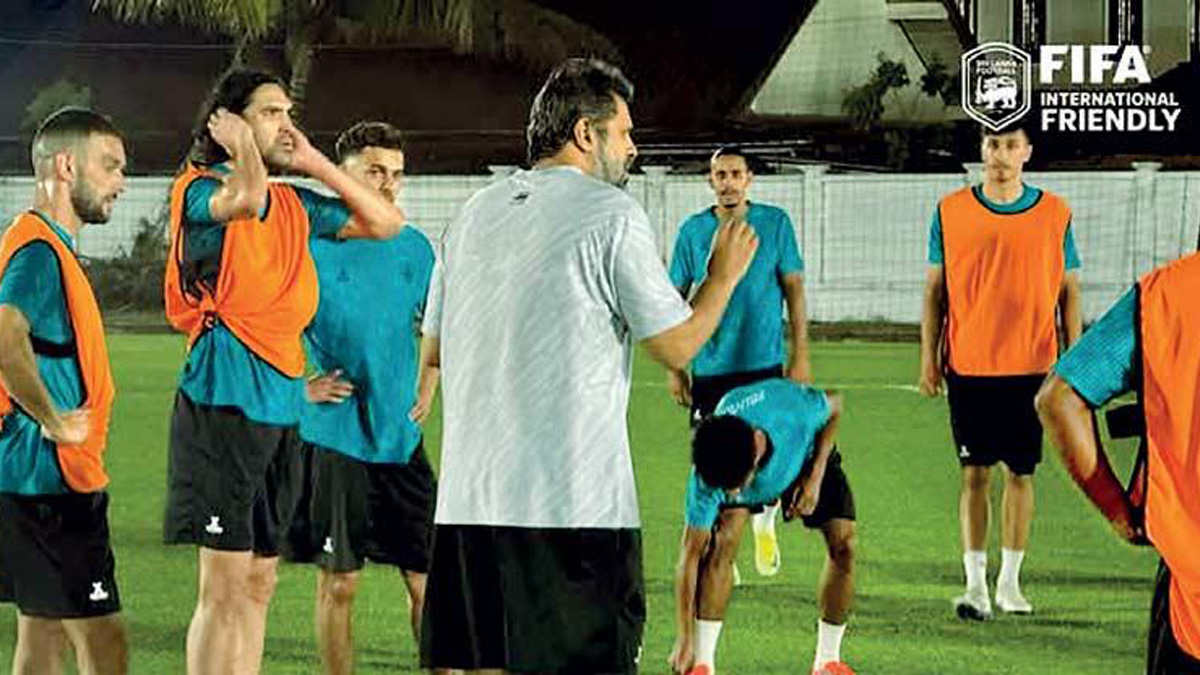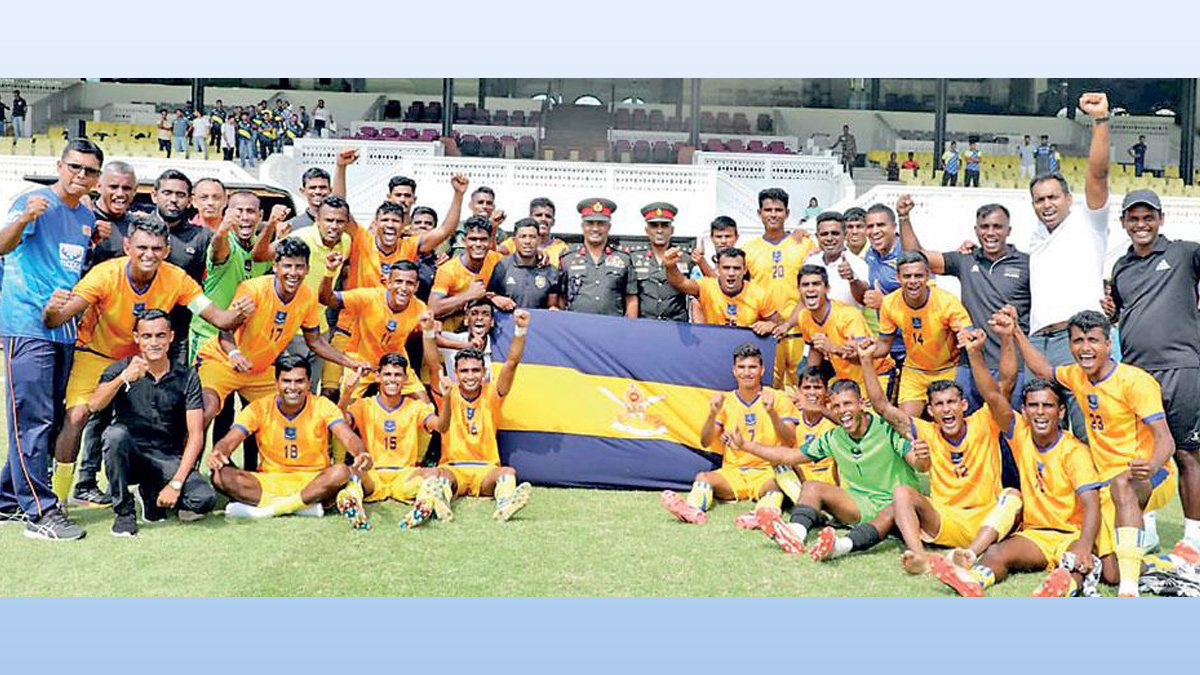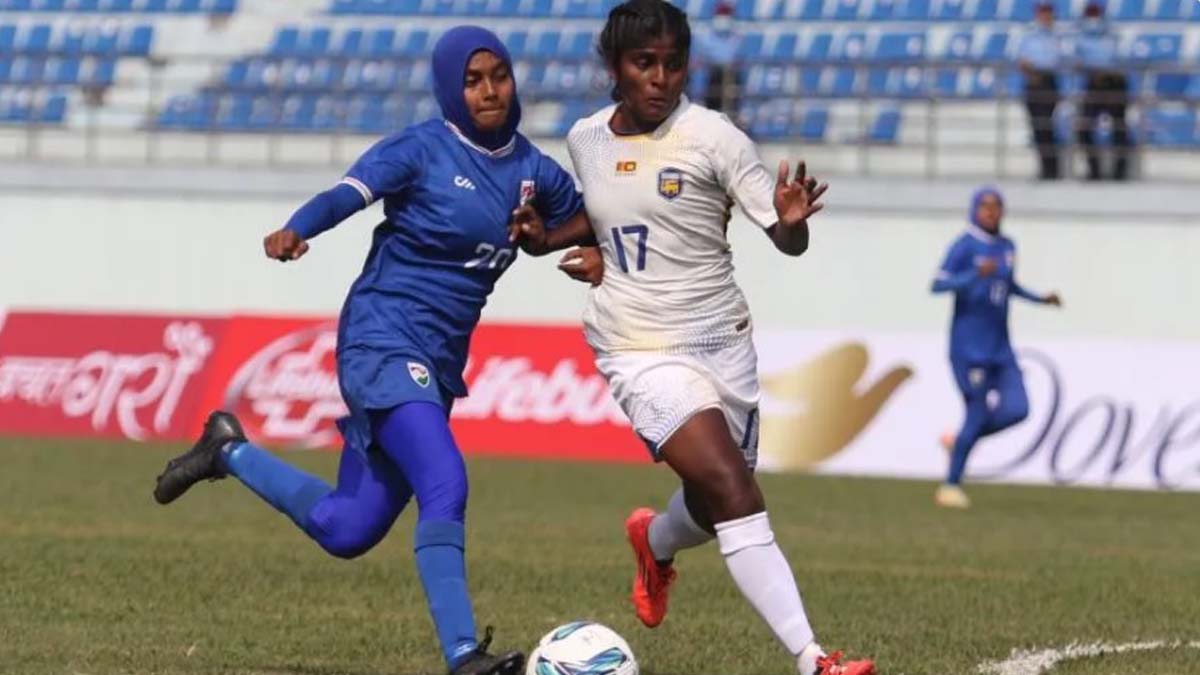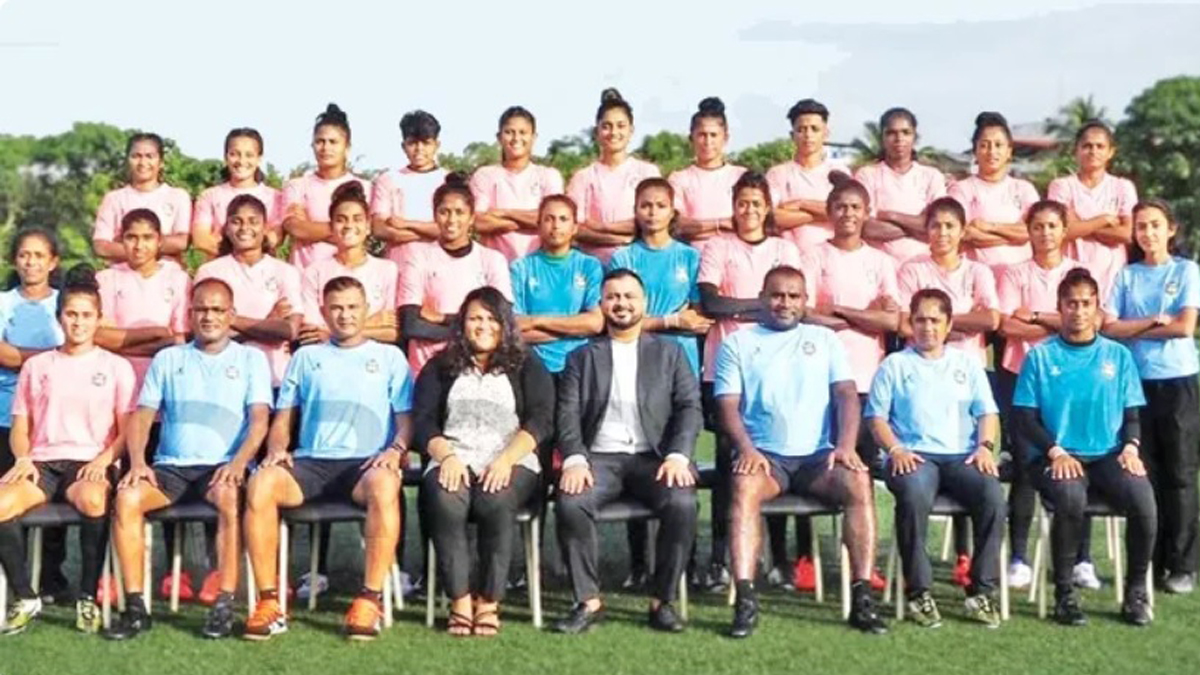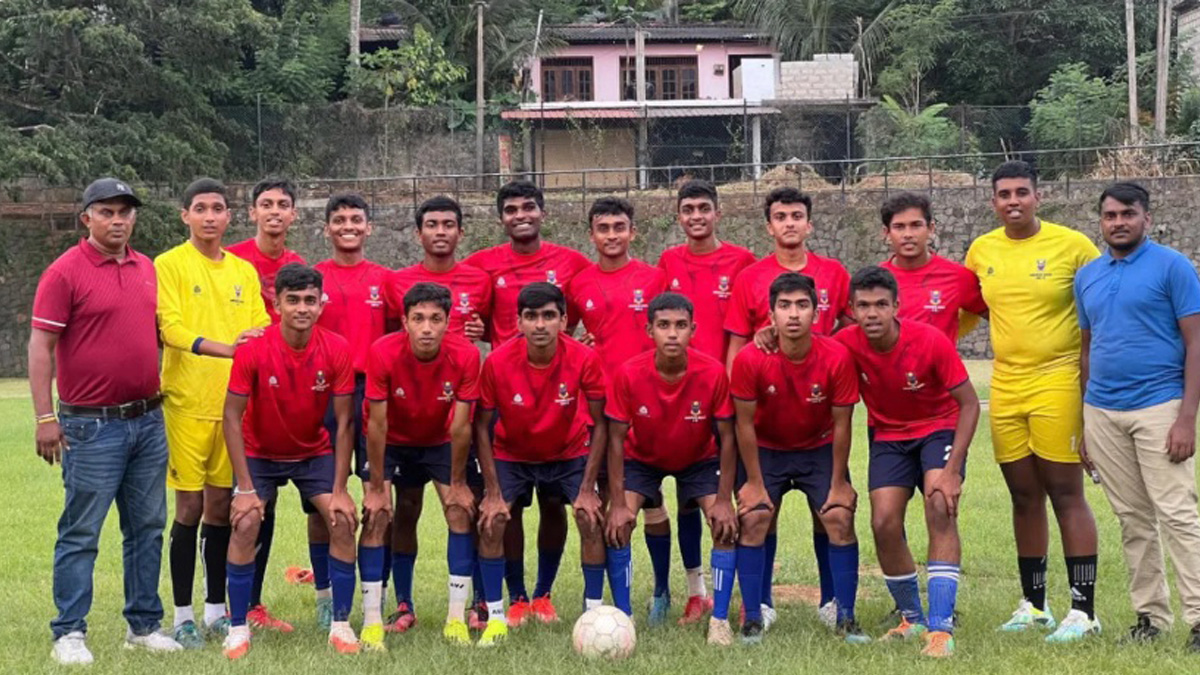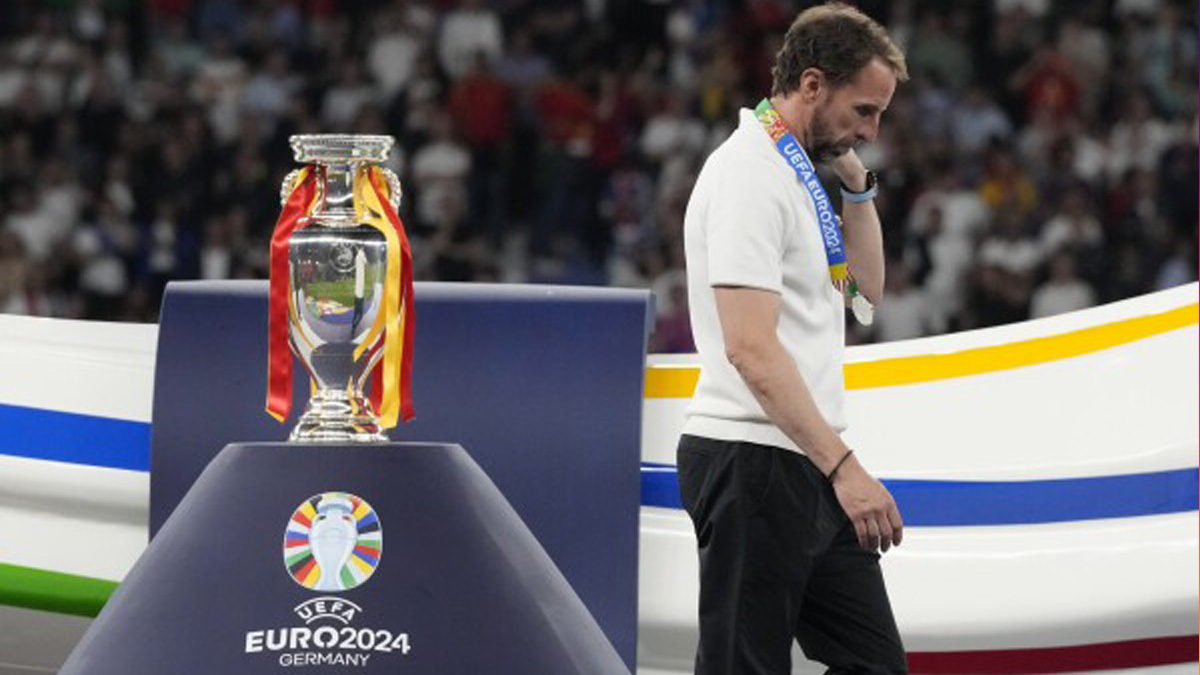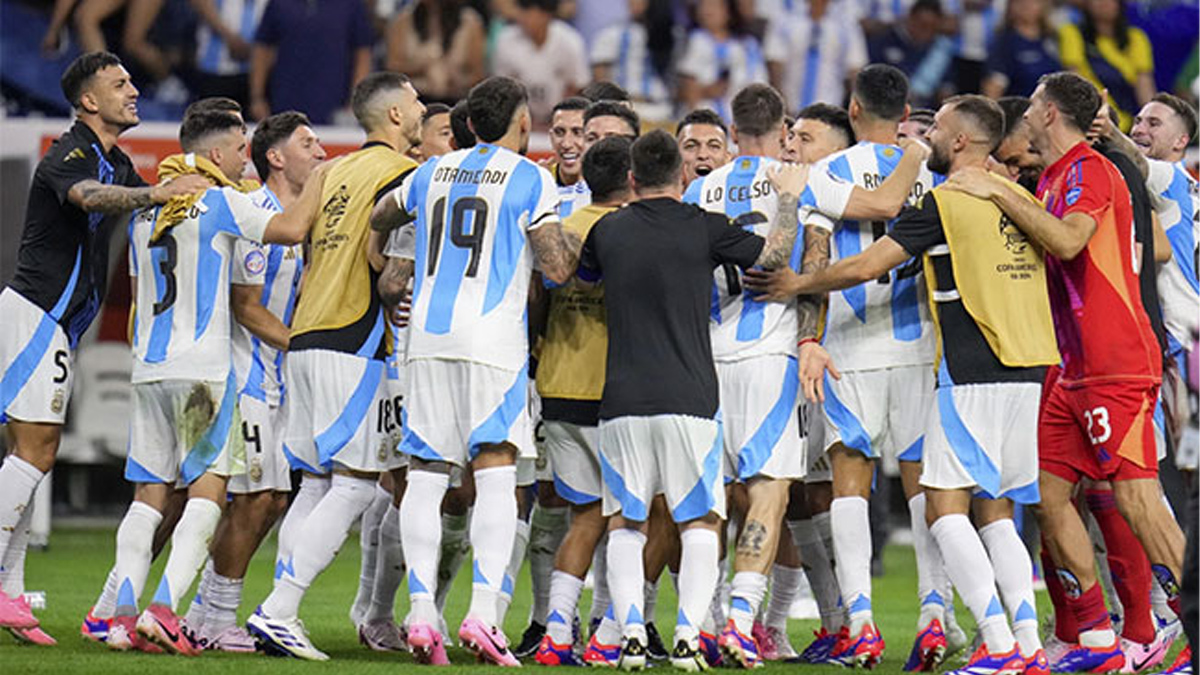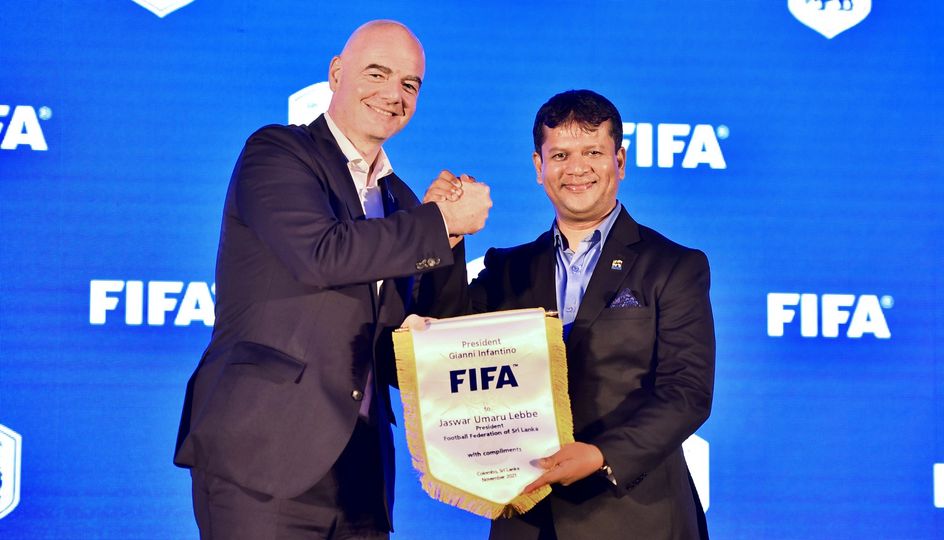
Saudi Arabia has defer to plans to build 11 stadiums – including one set 350 metres above ground level – as part of the country’s bid to host the 2034 World Cup.
The proposed stadium in Neom, an as-yet-unbuilt city in the north-west of the country, will only be accessible via high-speed lifts and driverless vehicles.
The arena, which is part of the country’s ‘The Line’ project to expand the kingdom’s economy away from oil, is set to host a quarter-final fixture.
Saudi Arabia’s bid is recognized and the country had until October’s deadline to submit its plans.
Of the 11 new stadiums, eight will be in the capital Riyadh – including the 92,760 King Salman International Stadium, which will host the opening game and the final.
The cities of Jeddah, Al Khobar and Abha will also host matches.
The 2034 World Cup will be the first time the expanded tournament is held in just one country as a 48-team event.
The hosts are set to be confirmed by the Fifa congress on 11 December. (BBC)
- How much development needs to be done?
An entire new city will essential to be built in Neom’s case.
Its flagship project, The Line, has been pitched as a car-free city, just 200m (656ft) wide and 170km (106 miles) long – though only 2.4km of the project is reportedly expected to be completed by 2030., external
The Line will be taller than the Empire State Building and about as long as the distance between Bristol and London.
The bid document claims the new Neom stadium will be “run entirely on renewable energy”, mainly from wind and solar sources.
There are plans to build a new international airport in Neom, which the bid document states will have 12 million domestic and international visitors per annum by 2034.
The airports in all the other host cities are also set to be expanded, with Riyadh expected to have 100m passengers per year by 2034 – an increase of 170% on 2023 – while Abha airport will be upgraded to increase its passenger capacity from 1.5m to 8m in time for the tournament.
Saudi Arabia is also planning to extend train lines and bus routes, with the document stating “navigation around the country will be quick and efficient”.
Qatar reportedly spent $220bn (£172bn) to host the 2022 World Cup.
The Saudi bid document does not state an overall cost of hosting, but the plans outlined will probably require hundreds of billions of dollars.
- Full list of stadiums
Riyadh
- King Salman International Stadium – 92,760 capacity
- King Fahad Sports City Stadium – 70,200
- Prince Mohammed bin Salman Stadium – 46,979
- New Murabba Stadium – 46,010
- Roshn Stadium – 46,000
- Prince Faisal bin Fahad Sports City Stadium – 46,865
- South Riyadh Stadium – 47,060
- King Saud University Stadium – 46,319

